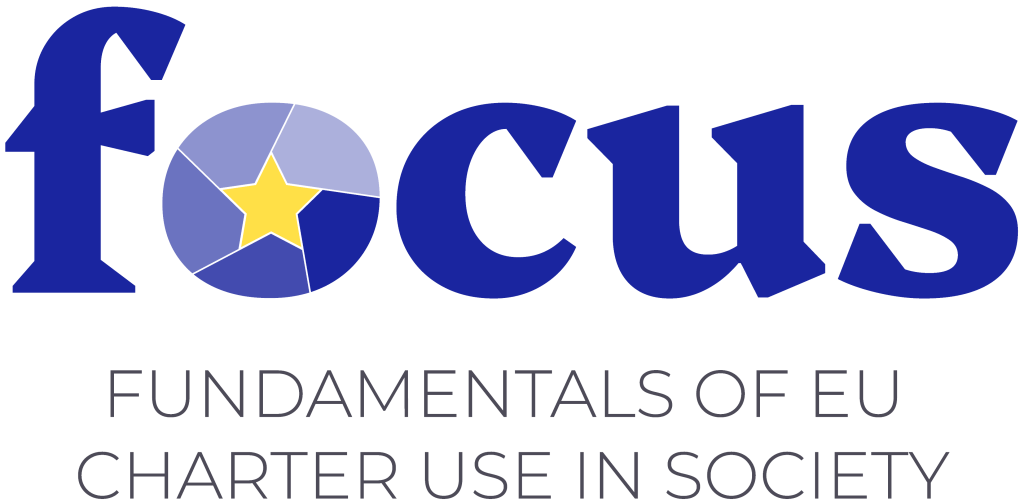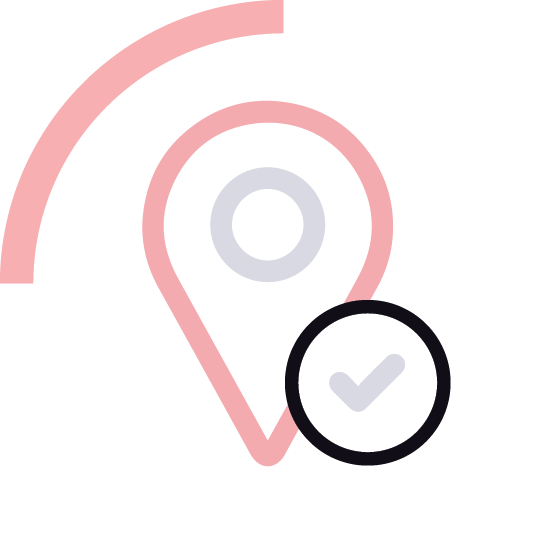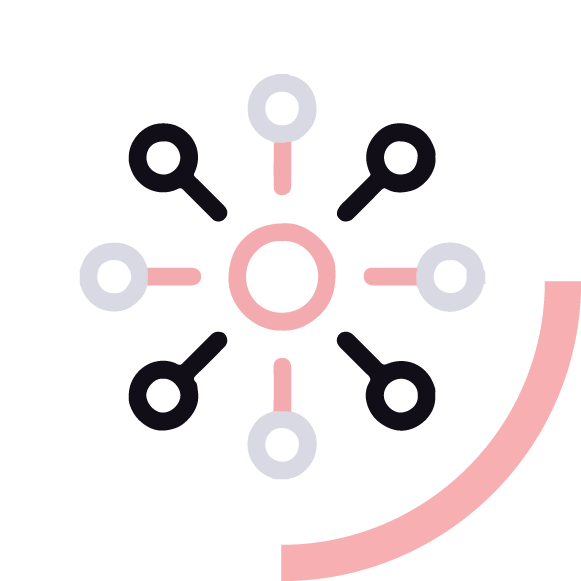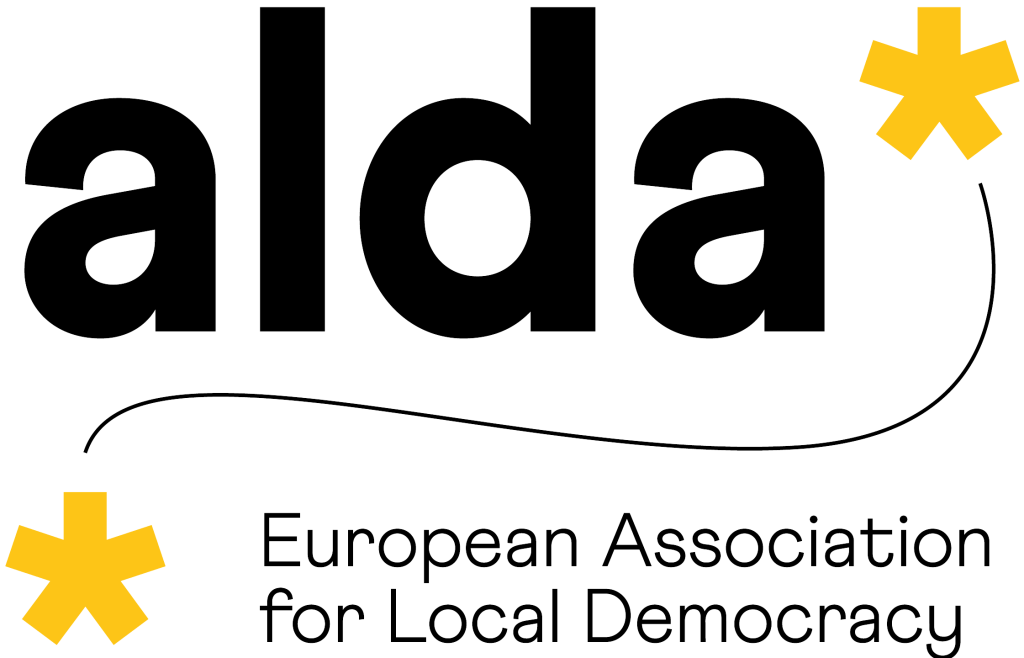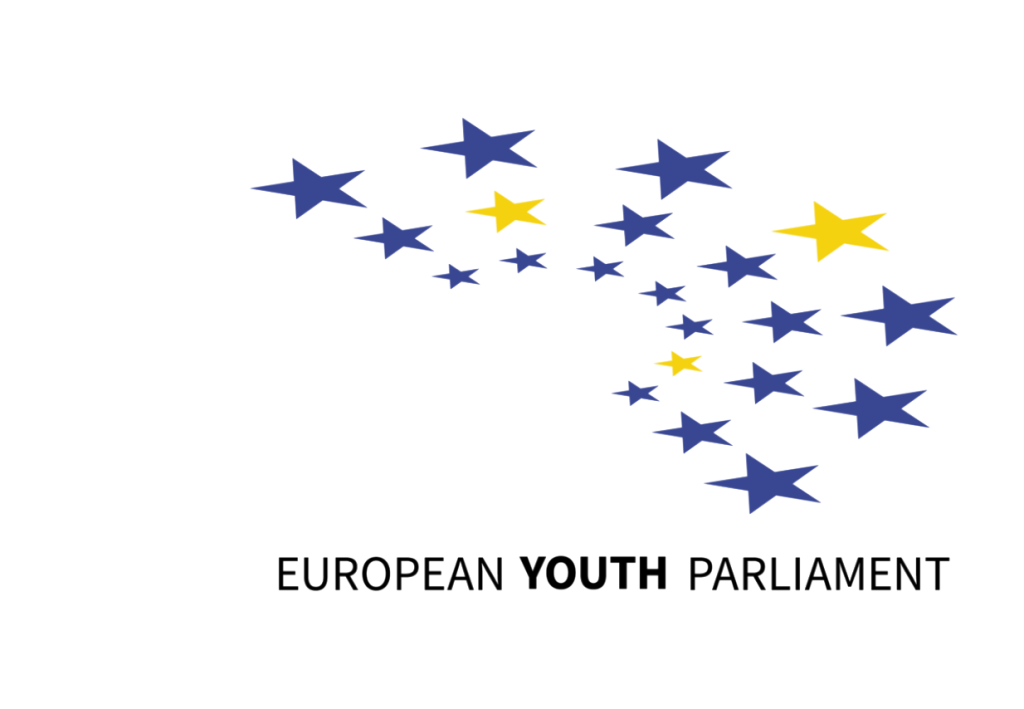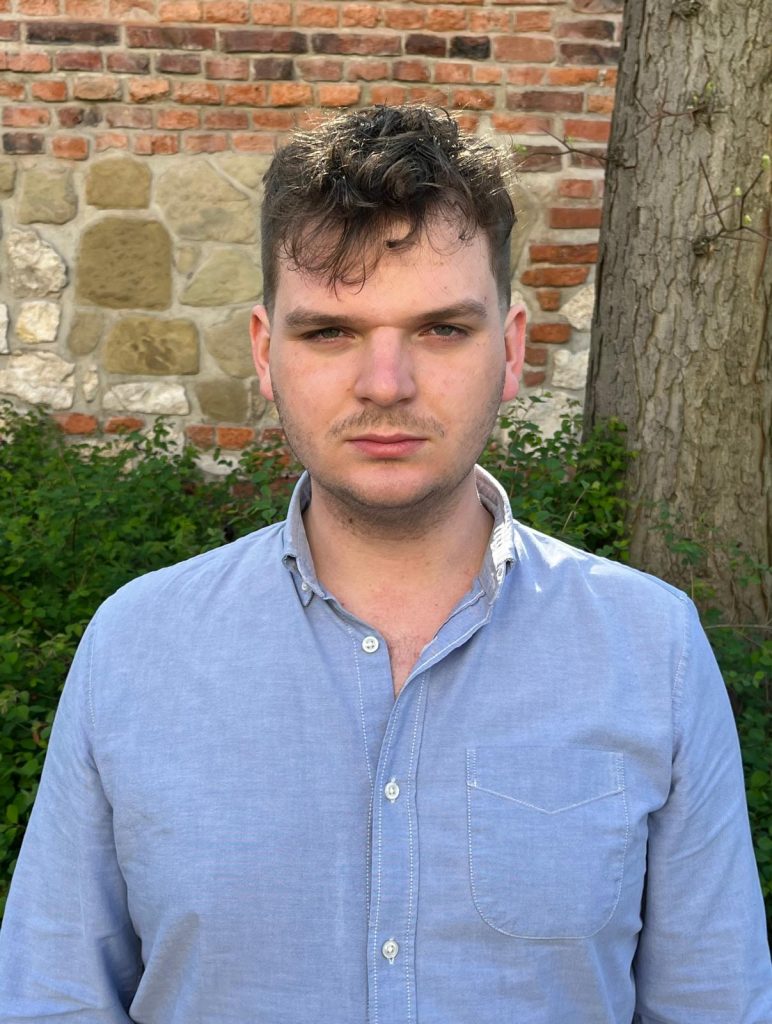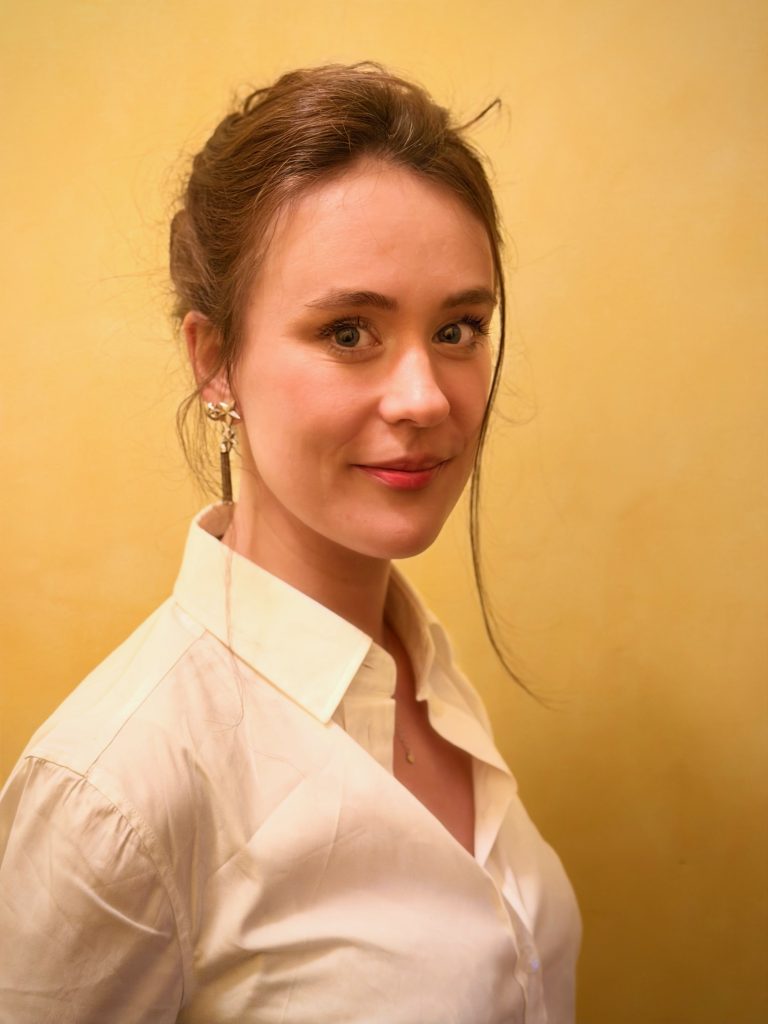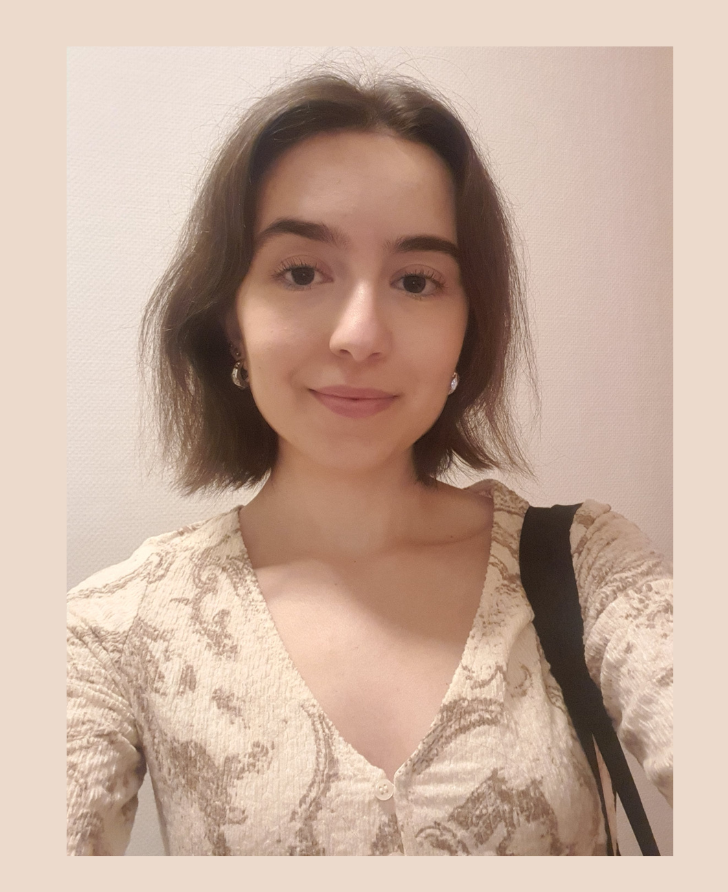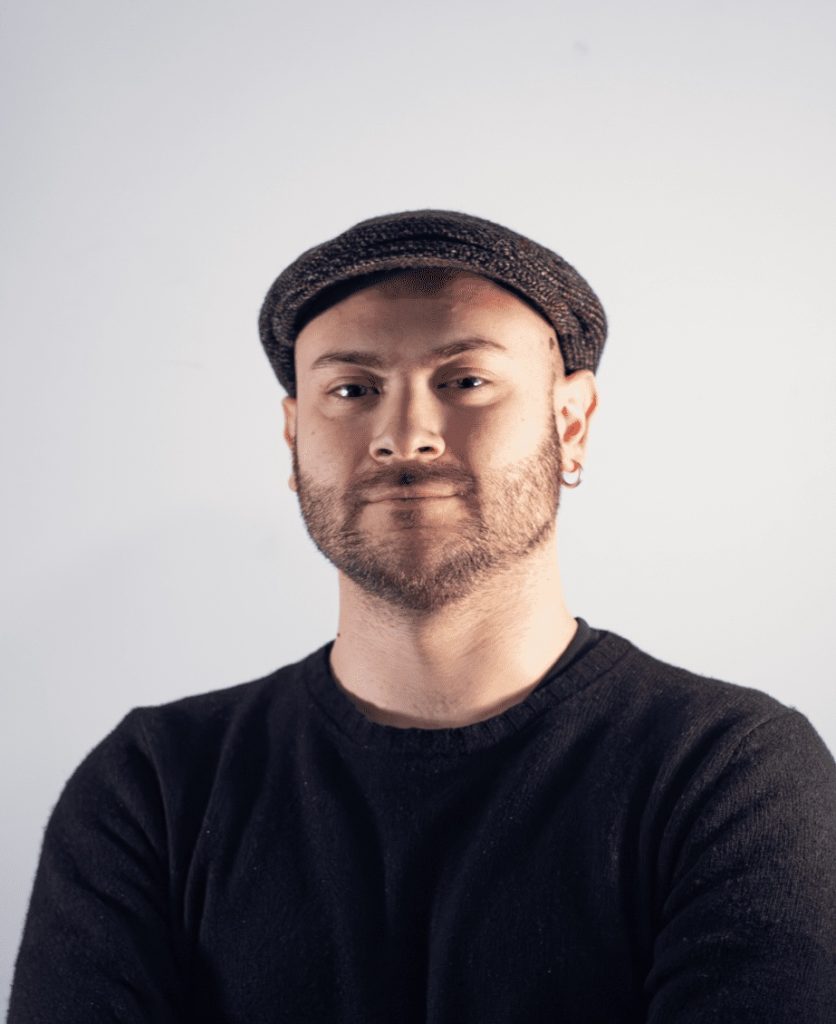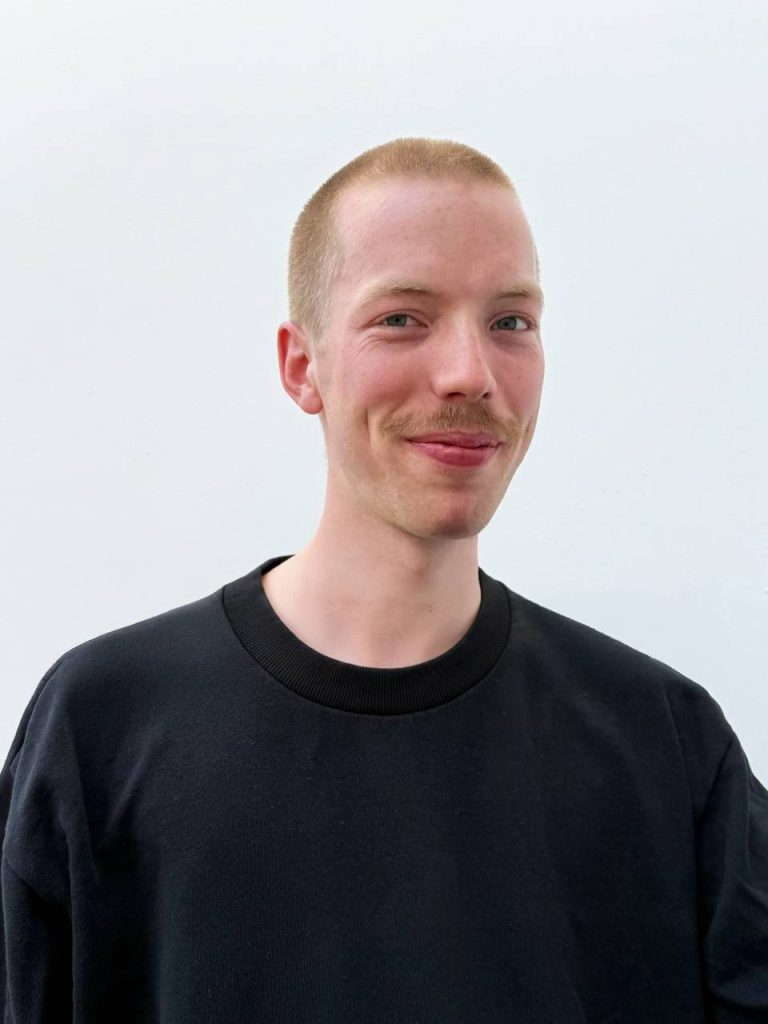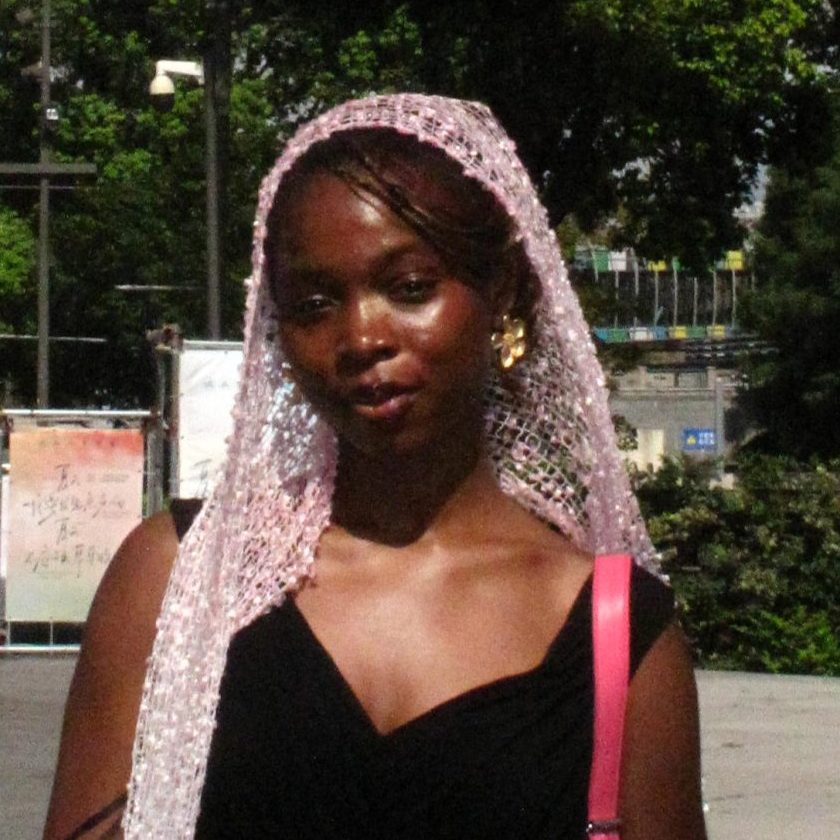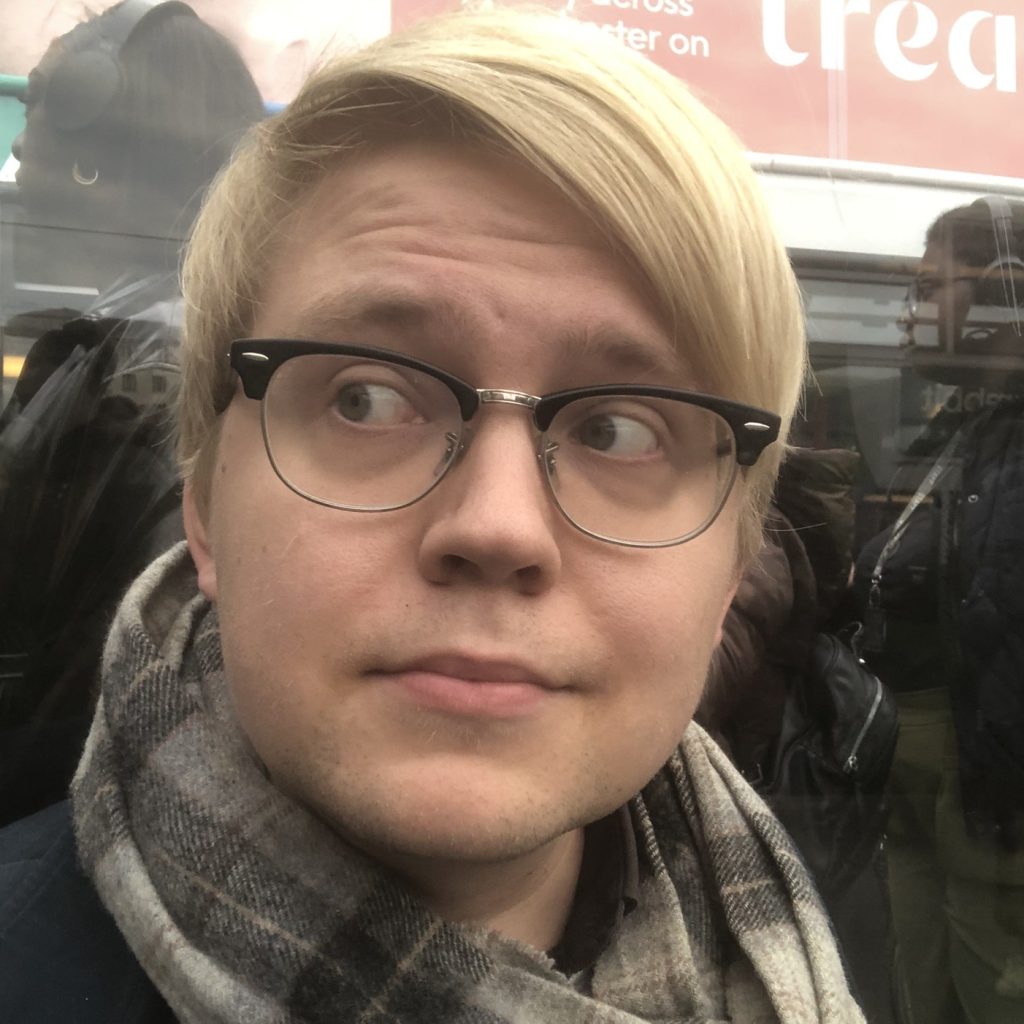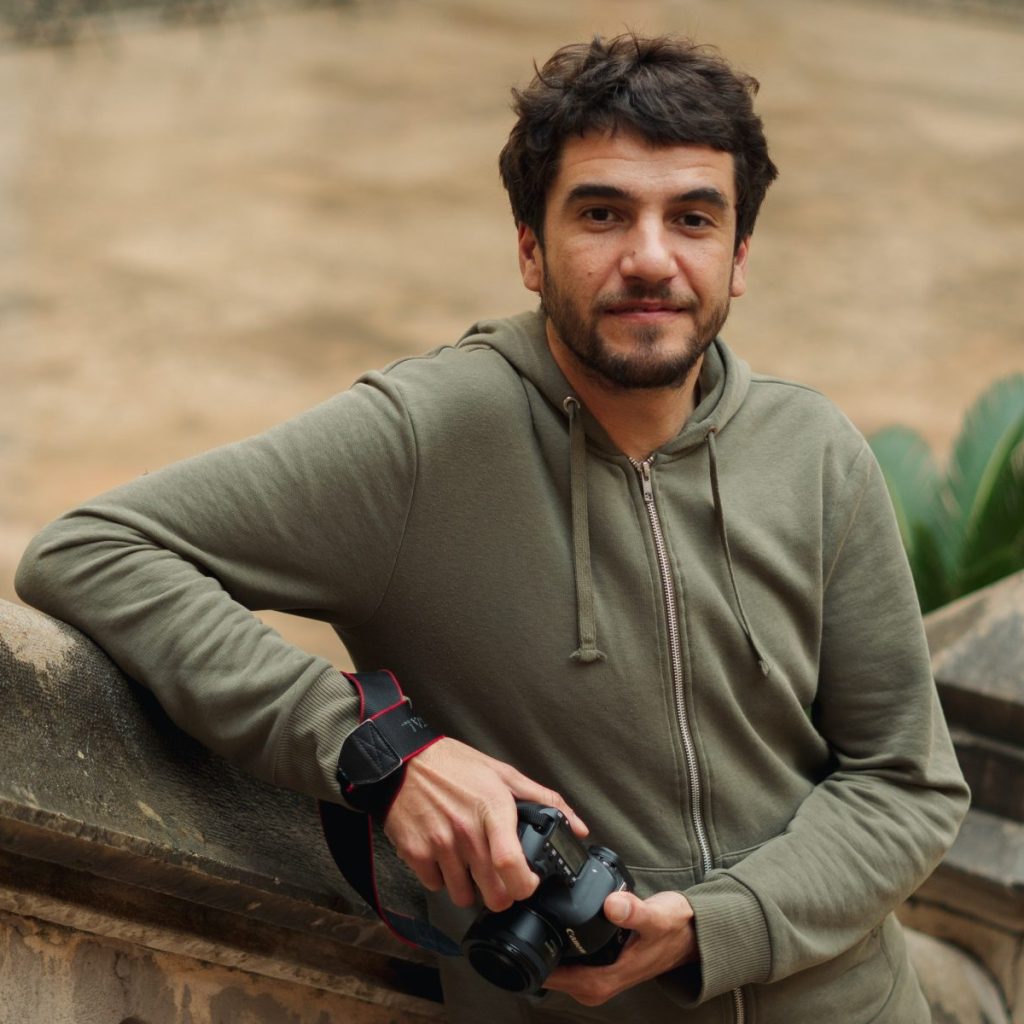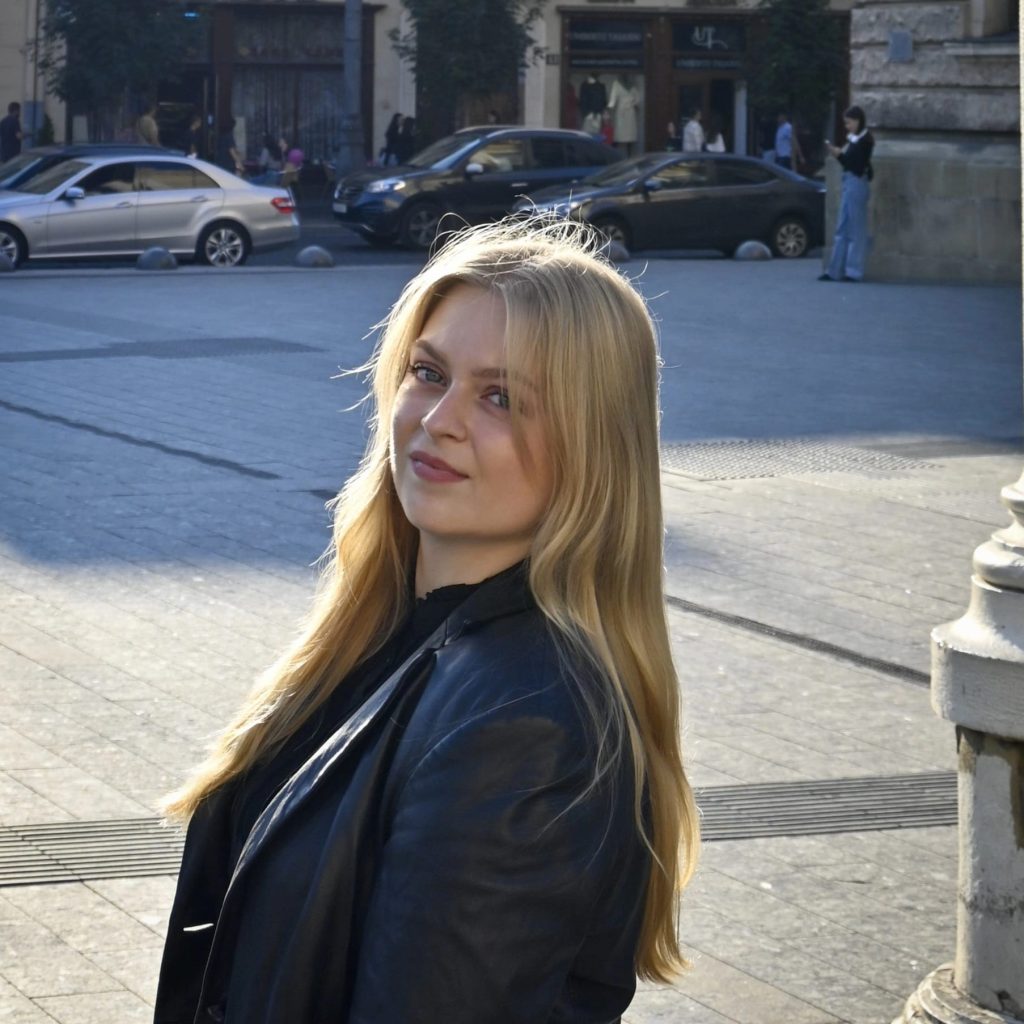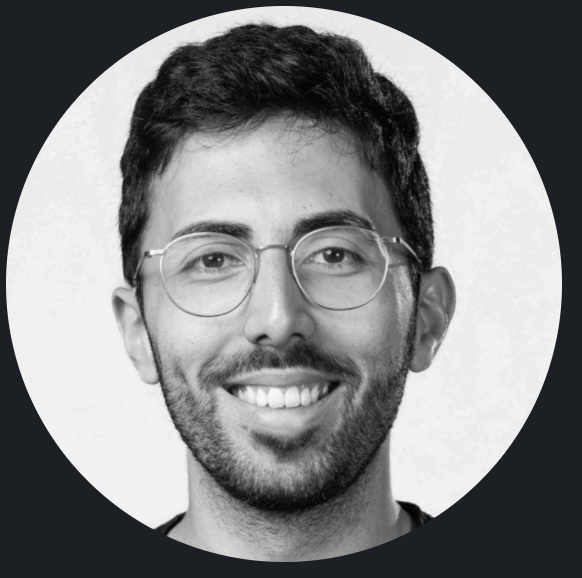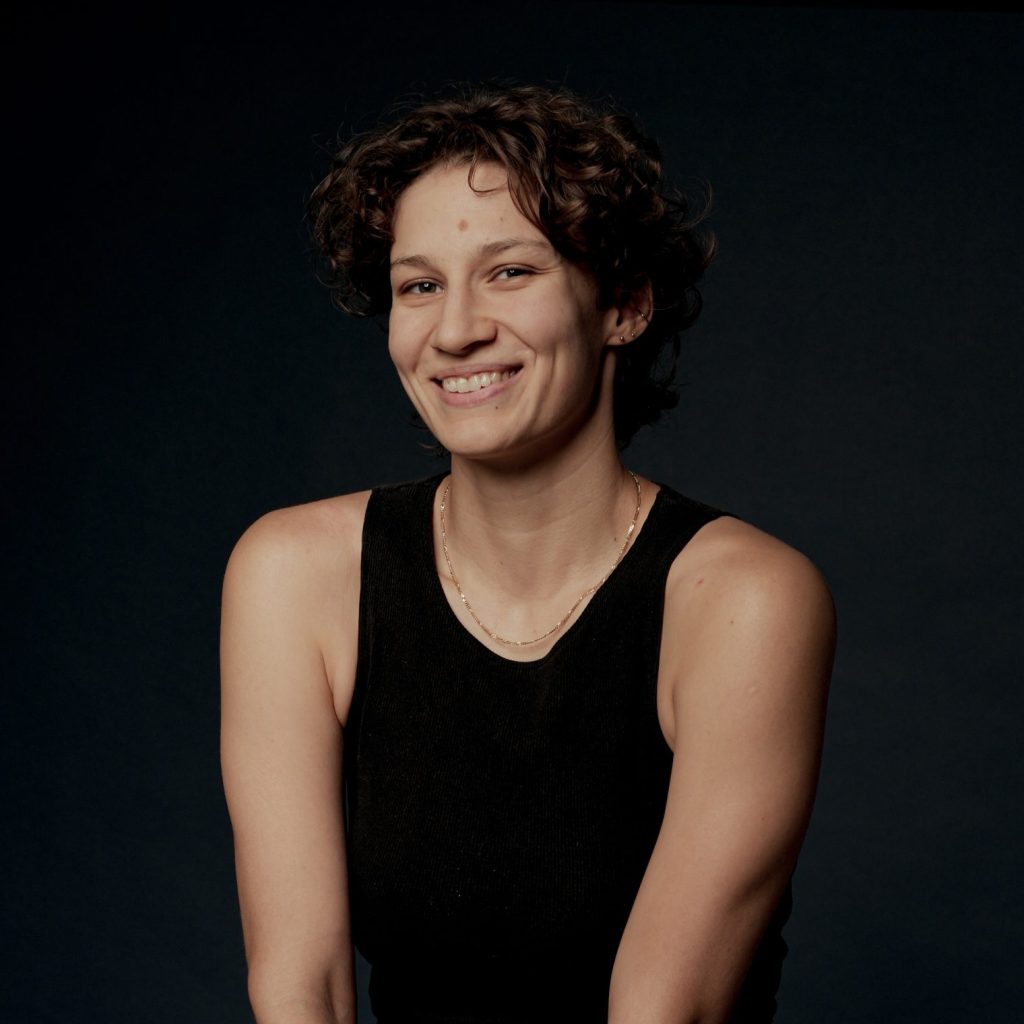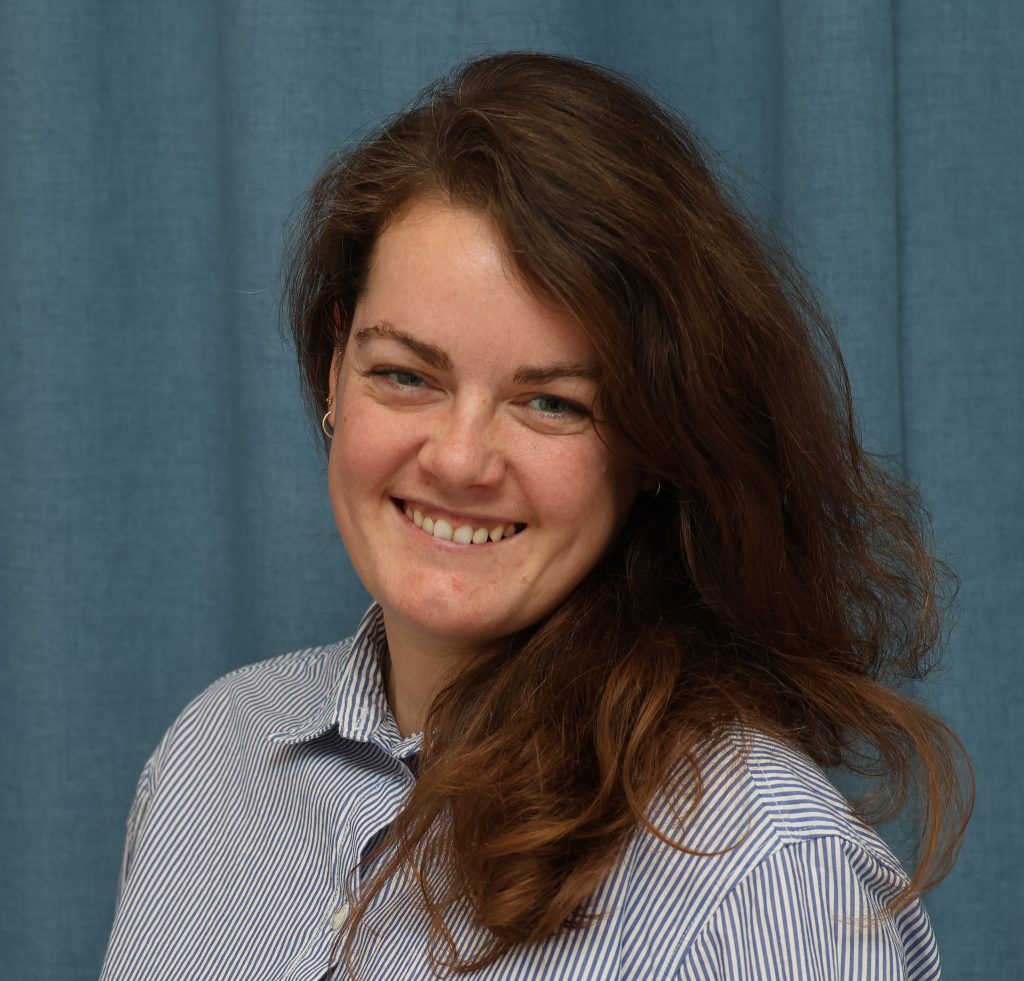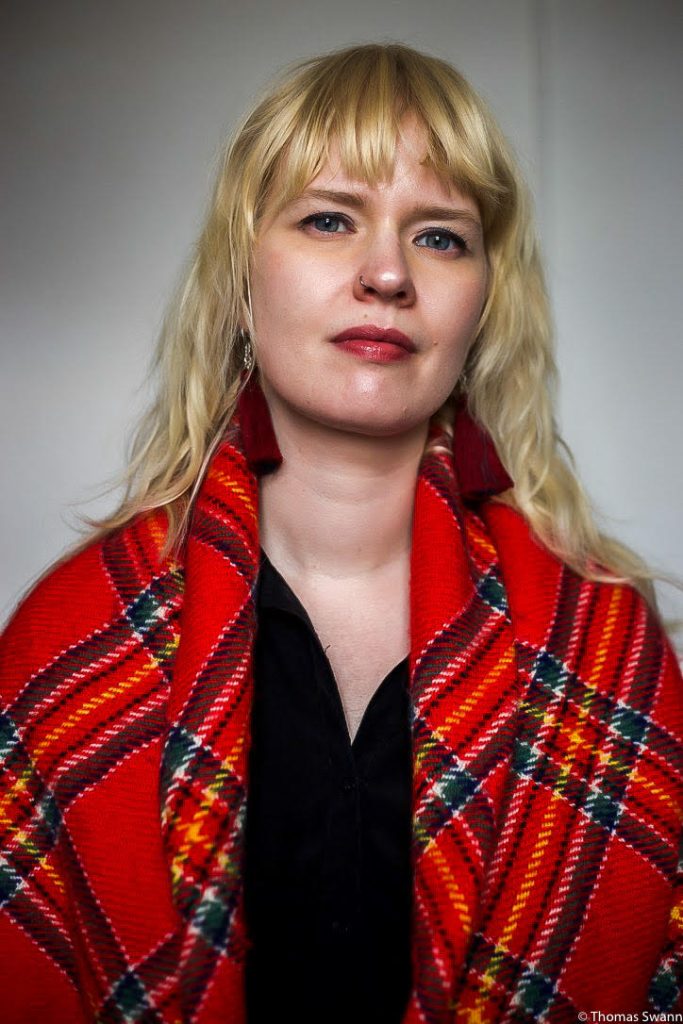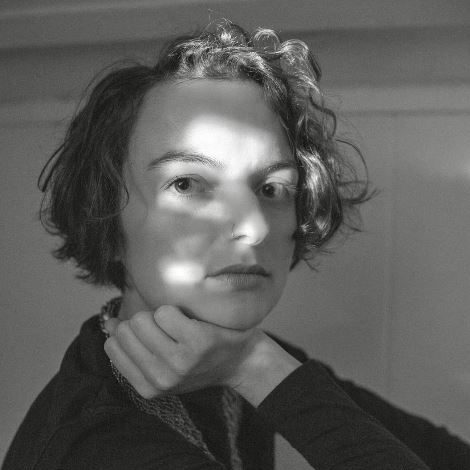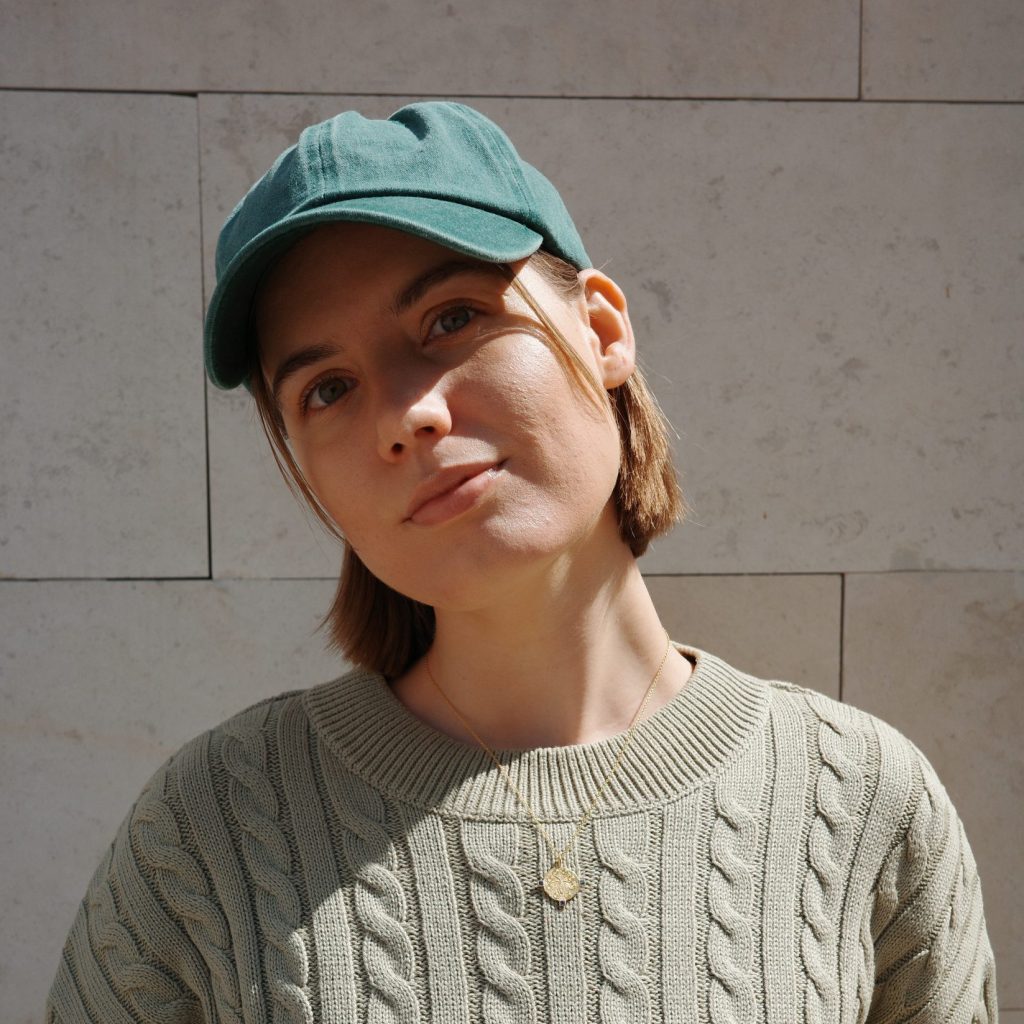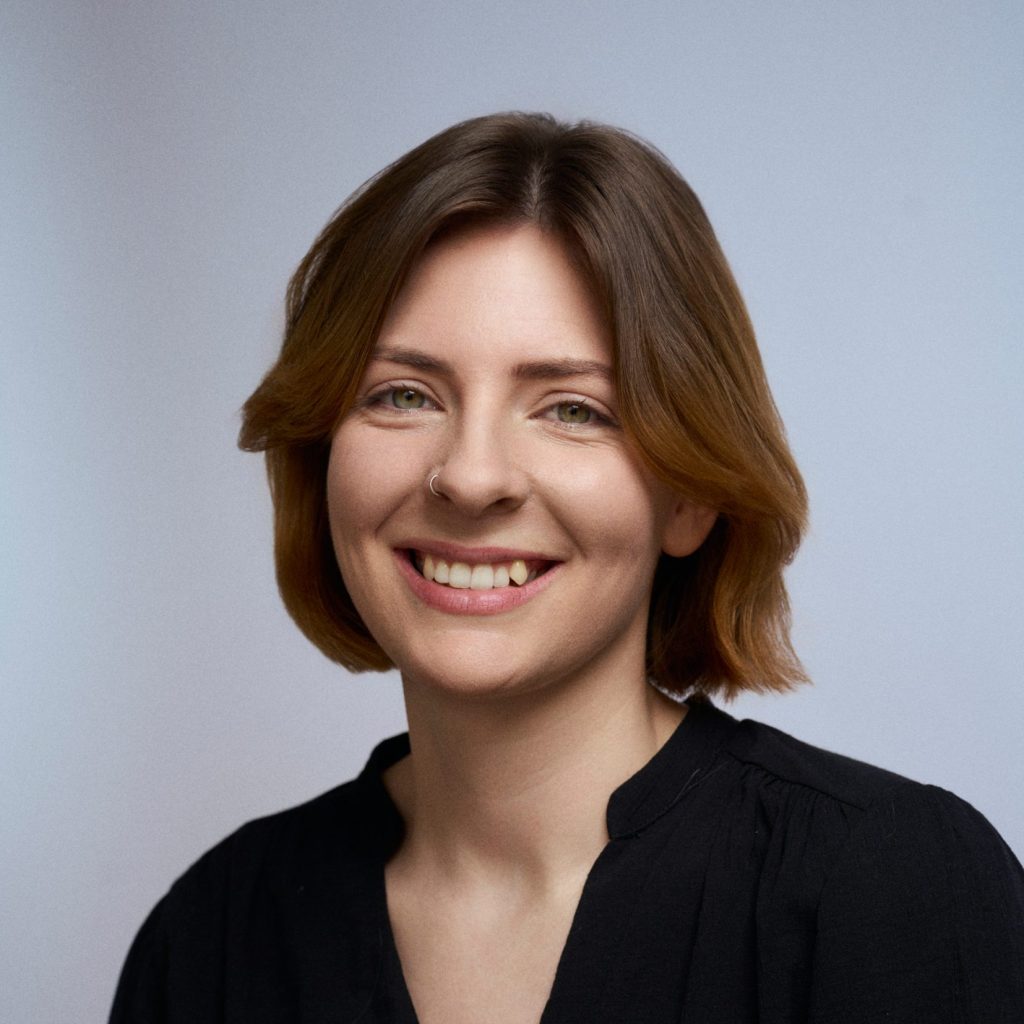Empowering Citizens, Enhancing Rights
Building Capacity on the EU Charter of Fundamental Rights
Empowering Citizens, Enhancing Rights
Building Capacity on the EU Charter of Fundamental Rights

About The Project
Our project is dedicated to increasing awareness of the EU Charter of Fundamental Rights and strengthening its application at all levels. Through a diverse set of activities ranging from media training and expert debates to local authorities support and youth empowerment, we aim to make the Charter a living instrument in daily life.
This project is running for 2 years from 2024-2026, with generous support of EU CERV programme. Powered by a group of 5 organisations and coordinated by Democracy Reporting International.
capacity building events, with 1800 participants from at least 22 EU members
publications with a total reach
of over 120,000
ABOUT THE CHARTER

PARTNERS
ALDA - European Association for Local Democracy, is an association dedicated to the promotion of good governance and citizen participation at the local level in the European Union, its Neighbourhood and beyond.
Are We Europe is a non-profit media collective dedicated to innovating and diversifying the European media landscape. It supports emerging creative talent in Europe and promotes the creation of inclusive pan-European media initiatives.
DRI - Democracy Reporting International is committed to defending and improving democracy worldwide. It analyses threats to democracy; advocates for solutions during key legislative and political processes by bringing impartial analysis and policy recommendations to policymakers.
EYP - The European Youth Parliament is one of Europe’s largest youth platforms for civic education, intercultural encounters, and the exchange of ideas – run by young people, for young people.
Verfassungsblog is a global forum of scholarly debate at the interface of academy and society. It opens up debates in public law – internationally, interdisciplinary and open access. It is independent and community-led.
